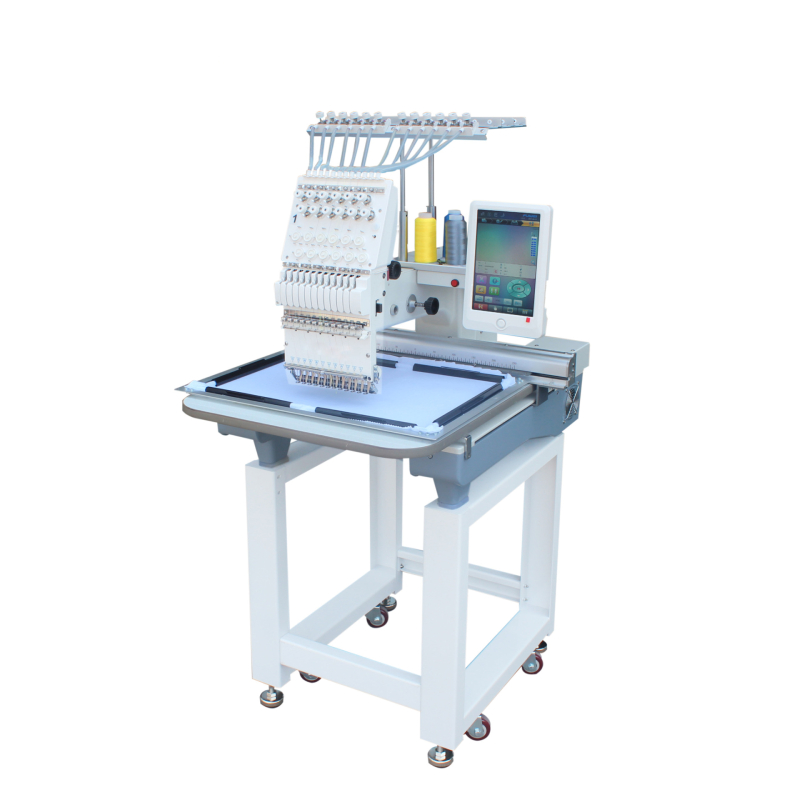When choosing the best embroidery machine for your needs, several factors should be considered:
Purpose and Skill Level:
Determine whether you need a machine for personal or professional use. Consider your skill level as well, as some machines cater to beginners, while others offer advanced features for experienced embroiderers.
Embroidery Area:
The size of the embroidery area is an important consideration. Larger embroidery areas allow for more significant and complex designs. However, if you primarily work on smaller projects, a smaller embroidery area might suffice and be more cost-effective.
Built-in Designs and Customization Options:
Check the number and variety of built-in designs offered by the machine. Look for machines that provide a wide range of designs and the ability to import custom designs via USB or Wi-Fi. Some machines even come with embroidery software for advanced design editing and customization.
Ease of Use:
Consider the user-friendliness of the machine. Look for features like an intuitive interface, clear instructions, and easy navigation. Automatic features such as needle threading, thread cutting, and tension adjustment can greatly simplify the embroidery process, especially for beginners.
Stitch Quality and Precision:
The quality of the stitches produced by the machine is crucial for achieving professional-looking results. Look for machines that offer precise stitch placement, adjustable stitch density, and consistent tension control. Reading reviews and checking sample stitch outs can provide insights into the machine’s stitch quality.
Connectivity and Compatibility:
Check the machine’s connectivity options, such as USB ports, Wi-Fi, or Bluetooth. These features allow you to transfer designs from your computer or other devices easily. Additionally, ensure that the machine is compatible with the embroidery file formats you use or intend to use.
Hoop Options:
Consider the range of hoop sizes and types available for the machine. Different projects may require different hoop sizes, so having options allows for greater flexibility. Look for machines that offer additional hoop accessories or multi-hooping capabilities for larger designs.
Durability and Warranty:
Embroidery machines are an investment, so consider the machine’s durability and the warranty provided by the manufacturer. Look for reputable brands with a history of producing reliable and long-lasting machines. A good warranty ensures that you’re protected in case of any defects or issues with the machine.
Price and Budget:
Set a budget based on your requirements and the features you prioritize. Embroidery machines vary significantly in price, with basic models suitable for beginners being more affordable, while high-end professional machines can be quite expensive. Assess your needs and find the best balance between features and cost.
User Reviews and Recommendations:
Read user reviews and seek recommendations from experienced embroiderers or online communities. Real-world experiences can provide valuable insights into the pros and cons of specific embroidery machines and help you make a more informed decision.


